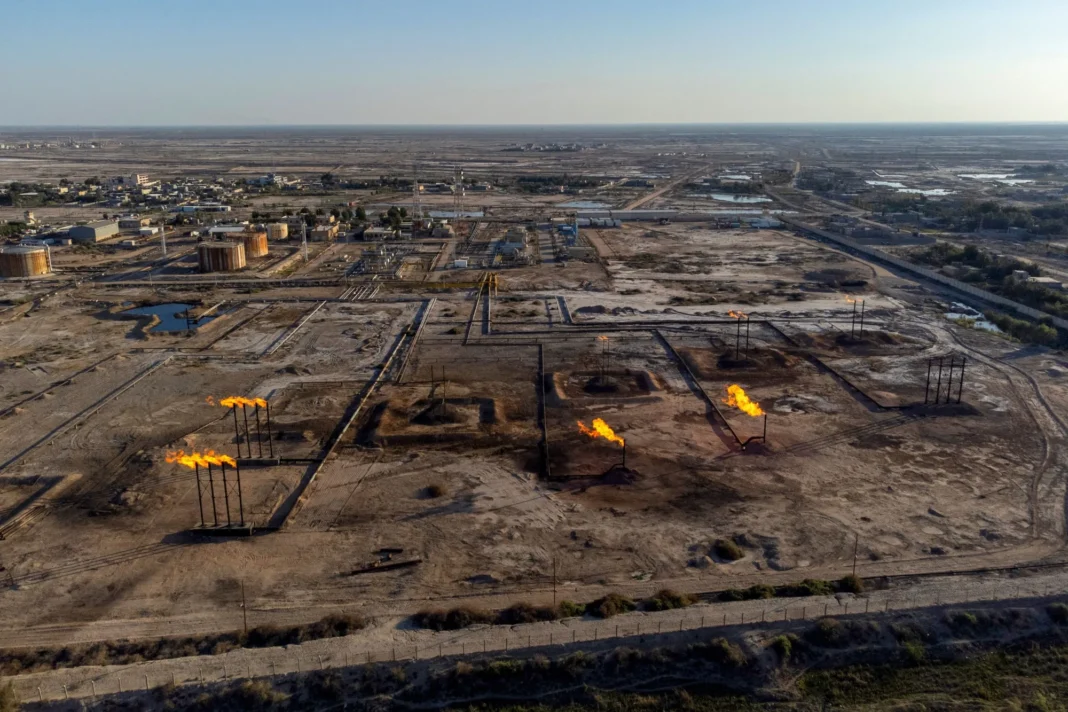Iraq has inaugurated a 50-megawatt power station at the Baiji refinery in Salahuddin province. This new facility delivers consistent electricity directly to refinery units. As a result, it eliminates reliance on the unstable national grid. The Baiji plant ensures continuous operations and avoids costly disruptions. Therefore, officials consider it a vital part of Iraq’s energy plan.
Prime Minister Mohammed Shia Al-Sudani attended the ceremony and addressed refinery workers. He praised the North Refineries Company for leading the project. In addition, he acknowledged the private firms that supported the installation. His speech reflected strong government backing for industrial growth. Moreover, he emphasized the refinery’s role in Iraq’s economic recovery.
The refinery now produces 250,000 tonnes of base oils every year. It also generates 600,000 tonnes of asphalt in several grades. Furthermore, it manufactures turbines, motors, and heavy oils for domestic markets. These products supply government ministries and public agencies. Consequently, Iraq saves money and reduces dependence on imported petroleum goods.
During the event, Al-Sudani highlighted clear progress at the site since his earlier visits. Technicians repaired many damaged units and restored output capacity. In parallel, new production lines improved performance and safety. As a result, the plant has become a cornerstone of Iraq’s oil infrastructure. It supports both regional and national energy goals.
Government officials now aim to replicate this success across other strategic locations. By generating power on-site, refineries can cut costs and improve reliability. Additionally, this model allows more control over energy use and production timelines. The Baiji plant has proven that local energy solutions work. Thus, Iraq is investing in similar projects to secure long-term independence.
Iraq’s broader energy plan now prioritizes internal capacity over foreign reliance. Local output increases financial stability and job creation. It also lets the government reinvest in sectors like health, education, and infrastructure. Through targeted planning, Iraq can transform oil revenue into sustainable development. Consequently, the country builds resilience for the future.
The Baiji refinery stands as a symbol of progress, recovery, and renewed ambition. Its success highlights what focused leadership and investment can achieve. As Iraq expands its infrastructure, its position in global oil markets grows stronger. Therefore, the Baiji plant remains central to this national transformation.





